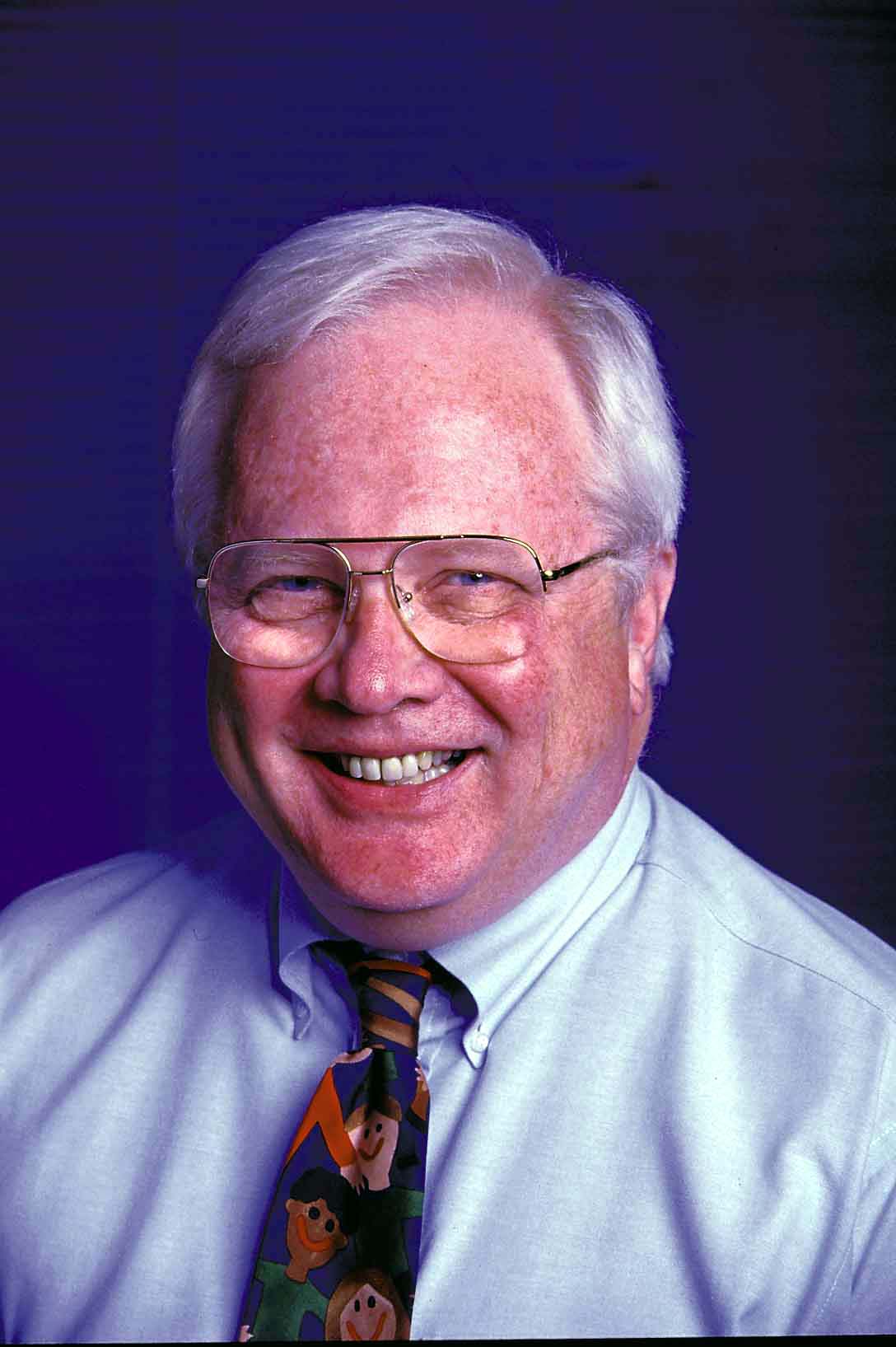 An
NCCBI position paper written by Phillip J. Kirk
Jr., president An
NCCBI position paper written by Phillip J. Kirk
Jr., president While most of the media attention
has been focused on the attempt to create support
for taxpayer-financed campaigns, there are strong
reasons not to rush down this misguided path.
While I, too, am concerned about the escalating
costs of political campaigns at every level, many
of those who support taxpayer-financed campaigns
are out to eliminate the influence of the
business community and those who have been
successful in life from the political arena.
Nothing in any taxpayer-financed campaign plan I
have seen would diminish the influence and
day-to-day political activity of the labor
unions, teacher organizations, state and local
government associations, plaintiffs' attorneys,
foundations, and other special interest groups.
They could continue to assign employees to do the
grassroots work of the campaigns on a daily
basis, such as the door-to-door distributions of
campaign literature, staffing the important
telephone banks to identify and turn out the
vote, put up the yard signs, haul voters, address
envelopes, etc.
The supporters of the taxpayers' financing
campaigns would say that the business community
could also assign employees to perform these
tasks for candidates of their choice, but that
demonstrates a complete misunderstanding of the
business world. Employees have to be at work most
of the time for the businesses and industries of
this state to thrive and flourish or even to keep
their doors open. Many people forget that
businesses must make a profit to survive. Yes, I
wish that more business people could seek public
office or at least participate in the day-to-day
grassroots political activities, but that is not
the real world.
Supporting the taxpayer-financed campaign scheme
is an easy way out of the growth in the campaign
spending situation. I have given this issue
considerable thought over the years. Most
"solutions" tend to favor the wealthy
candidates because the courts have ruled that
there can be no limits placed on how much they
can give to their own campaigns. I agree with
this ruling. Other suggested reforms which try to
place limits on spending result in favoring
incumbents because of the many free advantages
they possess.
There are less radical approaches than the
taxpayers paying for campaigns they don't
support. Political campaigns in England last
approximately six weeks. Perhaps our primaries
should be moved to September. Single-member
districts in legislative, school board, city
council, and county commissioner races would help
reduce costs. Four-year terms for all officials
would go a long way toward reducing time
campaigning and money being spent. Raleigh
businessman Jim Goodmon is performing a
magnificent public service by donating some
broadcast time to top statewide candidates.
Hopefully, this generous gesture will be adopted
by other news media. Of course, the media already
provides a considerable amount of free news
coverage. Government should not unduly reduce the
media's ability to make a profit off political
candidates although broadcasters charge the
lowest rate for political ads.
I firmly believe that this "crisis" is
largely a result of media-hype and the desire of
many liberals and populists to create a crisis
which they want to solve on the backs of the
hard-working taxpayers. When citizens are polled
as they leave the voting booths (even in
reform-driven New Hampshire) or when they are
polled in the "Your Voice, Your Vote"
project in our state, campaign reform barely
registers and is seldom mentioned in
"open-ended" questions. Of course, if
the question is "Do campaigns cost too
much?" the response is usually
"yes." In my many years of public
speaking, I have never been asked a
question about campaign costs. The public is
simply not interested, but they will be if they
find out some politicians are intent on spending
their money for political campaigns — tax
money which more appropriately could be spent on
computers and textbooks; repairs to crumbling,
leaking buildings on our college and university
campuses; more employees for our mental health
and court systems; and other many worthy uses of
tax funds.
Finally, I submit this is not the
"crisis" some claim it is. Americans
spend more on potato chips each year than they do
on all political campaigns, ranging from school
board races and other local races to state
campaigns to all federal races.
Taxpayer-financed campaigns are not the way to
reform the process. We should continue to seek
more reasonable solutions to a growing problem.
Back to main page
|